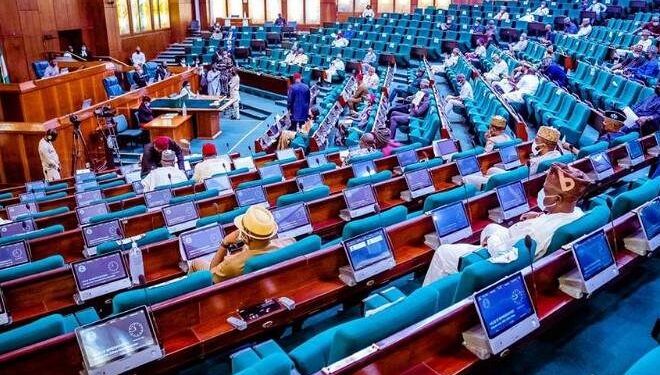President Bola Tinubu has directed the Ministry of Justice to collaborate with the National Assembly to address concerns about the proposed tax reform bills. This directive comes amidst widespread protests and criticism from various quarters, including state governors, lawmakers, and civic groups.
The tax reform package, which includes the Nigeria Tax Bill 2024, aims to overhaul revenue collection and distribution. However, critics argue it could centralize tax authority and reduce state revenues, sparking fears of fiscal imbalance.
Despite calls from the Northern Governors’ Forum and the National Economic Council to withdraw the bills for further consultation, Tinubu insists on refining the proposals rather than retracting them. He emphasized the need for meaningful input to resolve contentious issues before legislative approval.
Protests and debates have intensified, with northern youth groups demonstrating in favor of the reforms, while others, including some lawmakers, remain deeply opposed. Northern leaders, such as Governor Babagana Zulum, have warned about the potential consequences of the proposed VAT-sharing model, which they argue disproportionately benefits wealthier states like Lagos and Rivers.
Meanwhile, public figures like Sheikh Ahmad Gumi and Bishop Hassan Kukah have voiced cautious support, highlighting the reforms’ potential to address Nigeria’s financial inefficiencies. Kukah described the bills as a step towards economic progress and ending elite financial mismanagement.
The debate has spilled into the National Assembly, with rowdy sessions and accusations among lawmakers reflecting the sensitive nature of the reforms. Amid this, Ekiti State’s legislative caucus has fully endorsed the bills, praising their potential to enhance national prosperity.
However, opposition persists, with advocacy groups calling for the rejection of the reforms due to concerns about fairness, timing, and inadequate public consultation.
As the bills progress through legislative processes, the Tinubu administration faces mounting pressure to balance economic transformation with the concerns of various stakeholders.
























